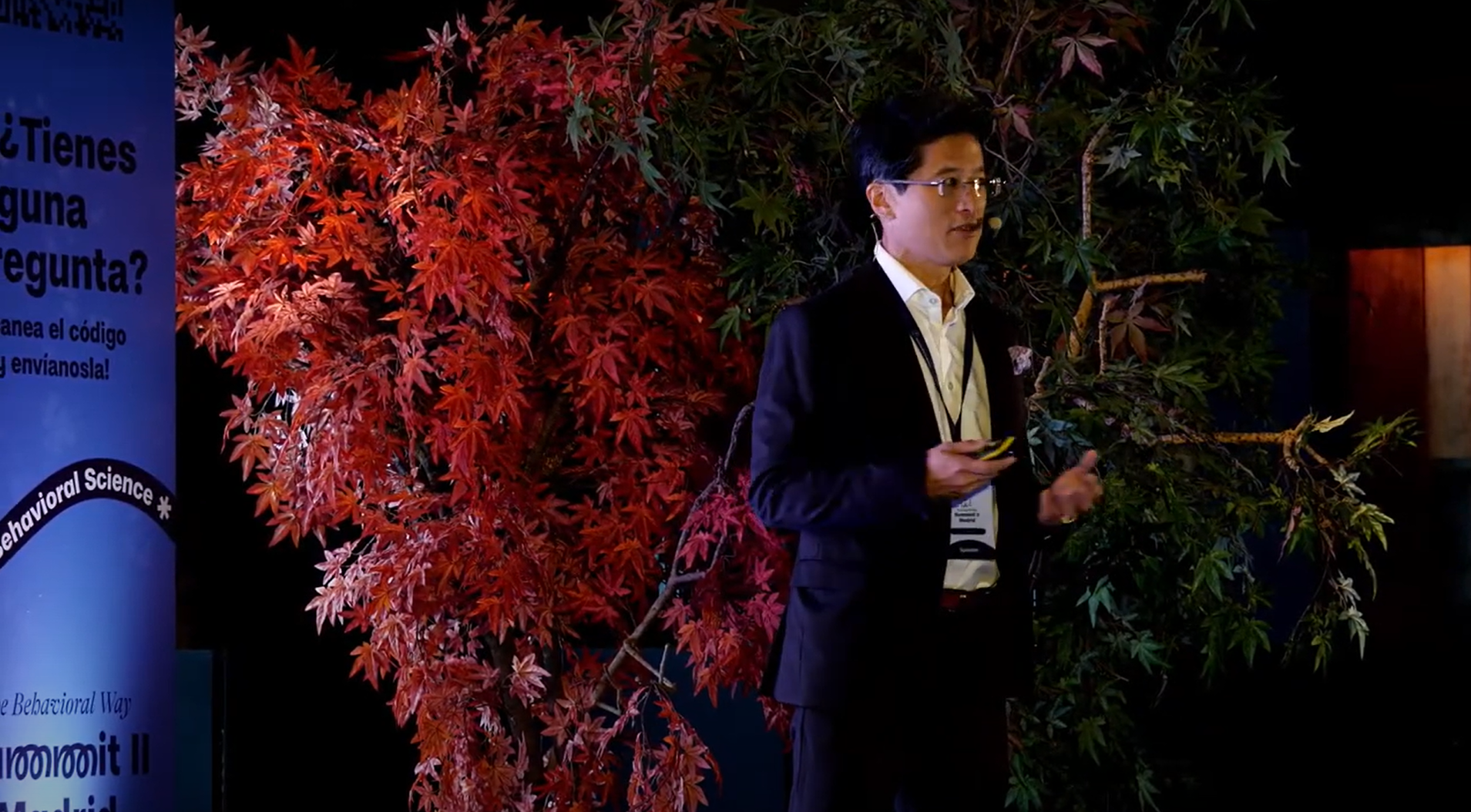I am currently halfway through Malcolm Gladwell’s book, "Blink". I have completed his book, "The Tipping Point" which I gave very high marks. The first story told in the book regarding art and high $$ is very gripping. Excellent storytelling feel to a non-fiction book.
So far net-net I think "Blink" is a good book, but I think I am going to have some problems with it in the end. It should be noted that my perspective may have to do with the fact that I am more familiar with the decision-making bias concepts, books, articles, etc. covered in business schools. I also happen to be more connected with the academic community on the subject matter addressed. These things make me more sensitive to the precise language used in the book (and cases where pre-conditions are not mentioned, where breaking things into smaller windows does not work, etc.). I should also note that there may also be a contrast effect of me having just read "The Tipping Point" which overshadows the more limited scope of "Blink."
Nevertheless, subconscious decision-making and biases play a key role in business (and everyday life for that matter). I support Gladwell’s general thrust towards trying to improve one’s subconscious decision-making process. What I have more of a problem with (and I can’t seem to remove the anchor) is that the intro of the book seems to overweigh subconscious judgements as opposed to bringing things into balance. It is somewhat captured in Gladwell’s quote,
"The power of knowing, in that first two seconds, is not a gift given to a fortunate few. It is an ability that we can all cultivate for ourselves."
The use of the term "knowing" is too strong of a word. I think I understand what he is trying to convey here (and strong language like this is sometimes necessary to sell books), but I think using language like this can be misinterpreted. Gladwell could have used softer language to the effect of "harnessing the subconscious to support the decision-making process" – but "knowing"? He clearly cites some experiments where the body may know before the mind, but this sentence should have been qualified with the pre-conditions under which "knowing" holds.
